
- Article
- Article
The law of periodicity for menstruation
Dr Edward Clarke's Law of Periodicity claimed that females who were educated alongside their male peers were developing their minds at the expense of their reproductive organs.

- Long read
- Long read
Rehab centres and the ‘cure’ for addiction
Guy Stagg takes us on a brief history of rehab centres and their approaches to addiction and recovery.

- Book extract
- Book extract
Tracing the roots of our fears and fixations
Kate Summerscale explores the history of our anxieties and compulsions, and the new phobias and manias that are always emerging.

- Article
- Article
The origins and meanings of pharmacy symbols
What have snakes, unicorns and crocodiles got to do with pharmacies? The history of these modern signs goes back to the Greek gods.
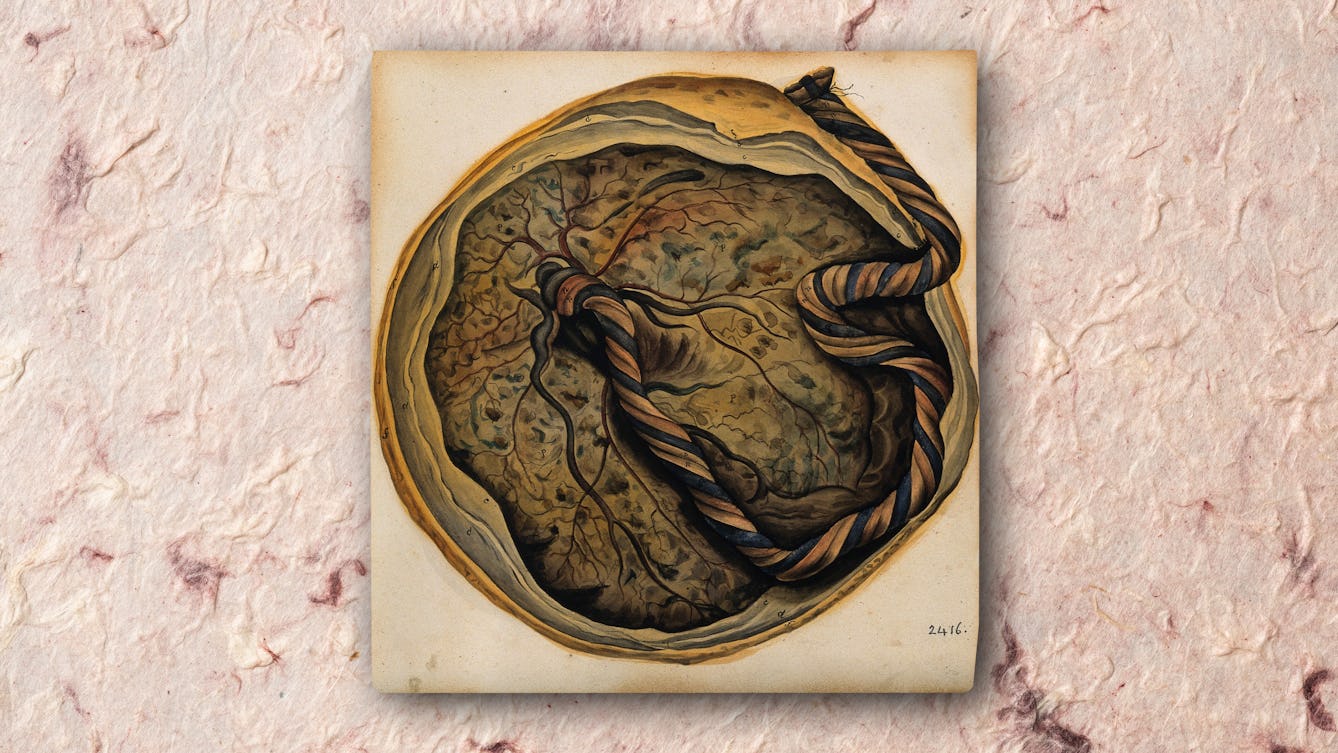
- Article
- Article
Womb milk and the puzzle of the placenta
A human baby needs milk to survive – and this holds true even before it’s born. Joanna Wolfarth explores “womb milk”, as well as ancient and modern ideas about the placenta.

- Book extract
- Book extract
Winter blues and the story of SAD
In ‘Chasing the Sun‘ Linda Geddes reveals why for some people, winter is literally depressing, showing how we first came to recognise seasonal affective disorder (SAD).

- Article
- Article
How music opens the doors of memory and the mind
People living with dementia can often still listen, perform or move to music. What does this tell us about how memories are formed?

- Article
- Article
The meanings of hurt
In the early modern period, gruesome incidents of self-castration and other types of self-injury garnished the literature of the time. Alanna Skuse explores the messages these wounds conveyed.
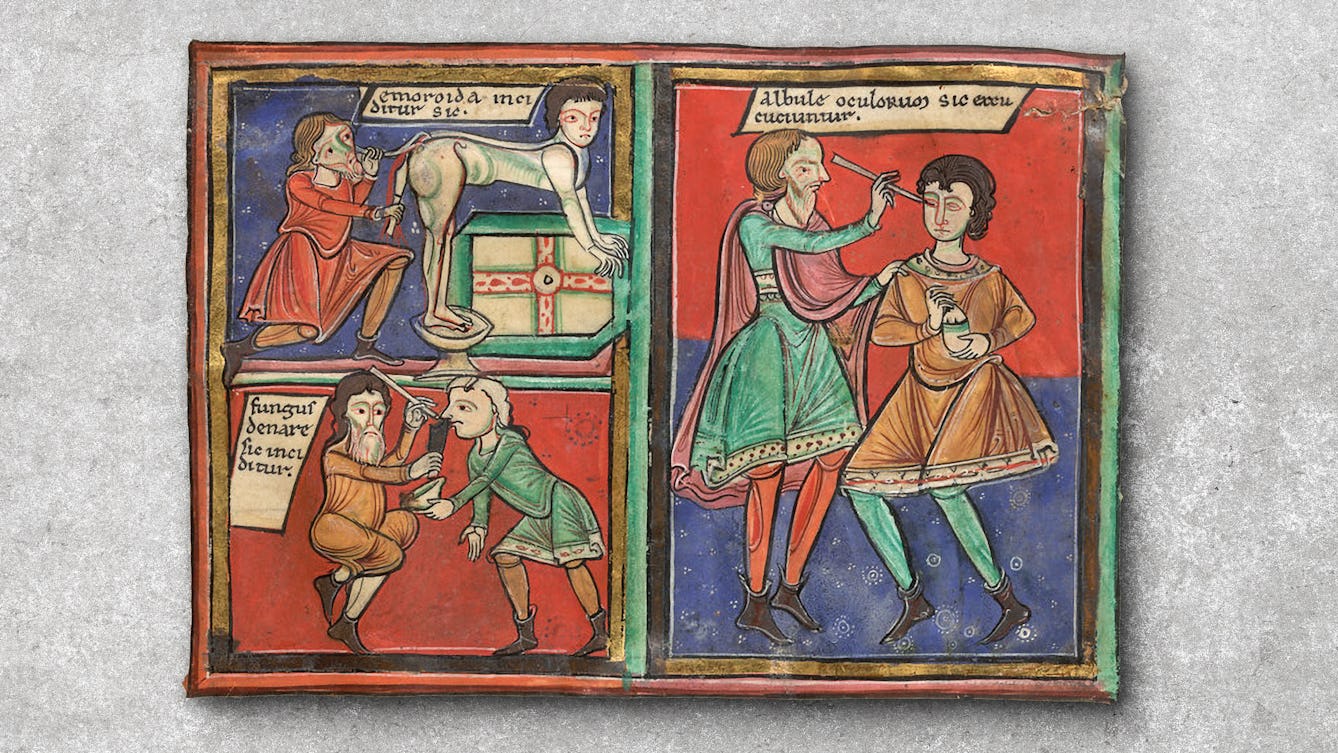
- Article
- Article
Revelations of blindness in the Middle Ages
Medieval texts, from Islamic medical treatises to Christian books of miracles, reveal surprisingly varied and complex experiences of blindness. But when medieval scholar Jude Seal experienced visual impairment themselves, they gained an even deeper understanding of the lives they were studying.

- Book extract
- Book extract
The 200-year search for normal people
Sarah Chaney poses the question we’ve likely all asked at some point in our lives: 'Am I normal?’, and explores whether normality even exists.
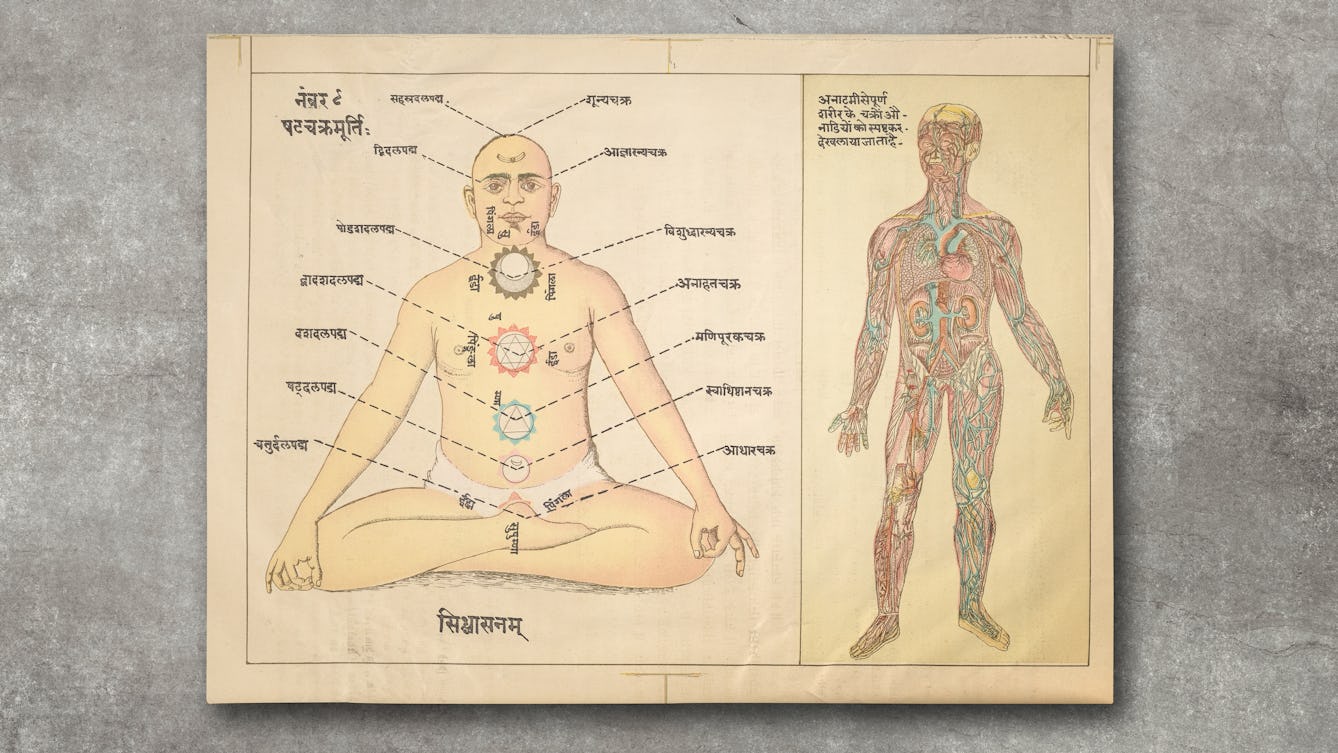
- Article
- Article
The healing power of breathing
The healing powers of different breathing methods are said to help with a range of health challenges, from asthma to PTSD. Effie Webb traces their spiritual origins and explores the modern proliferation of breathwork therapies.

- Article
- Article
Medics and the bomb
Would a nuclear attack on the UK overwhelm the NHS? At the height of the Cold War, despite government optimism, medics predicted doom.

- Article
- Article
Eugenics and the welfare state
Indy Bhullar explores the ideas of William Beveridge and Richard Titmuss, who were strongly influenced by eugenic thinking, and yet championed the idea of the welfare state.

- Article
- Article
Medics, migration and the NHS
In the 1960s the NHS became Britain’s biggest employer. So to help fill all those jobs, the government brought in thousands of workers from abroad.
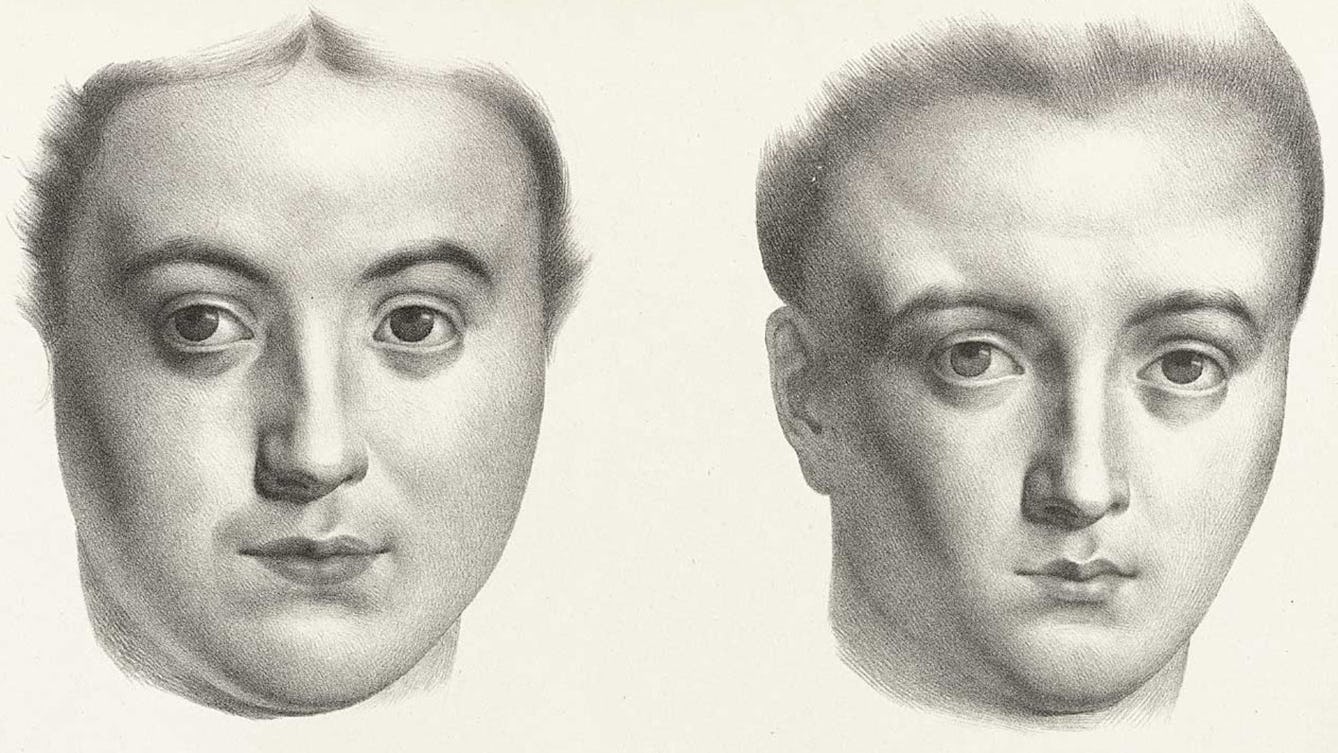
- Article
- Article
Exceptional talent and the trouble with IQ tests
Is a high IQ really a mark of genius, or does something else explain the exceptional?

- Article
- Article
In search of the ‘nature cure’
Under the competing pressures of modern life, many of us succumb to mental ill health. Samantha Walton explores why so-called ‘nature cures’ don’t help, and how the living world can actually help us.
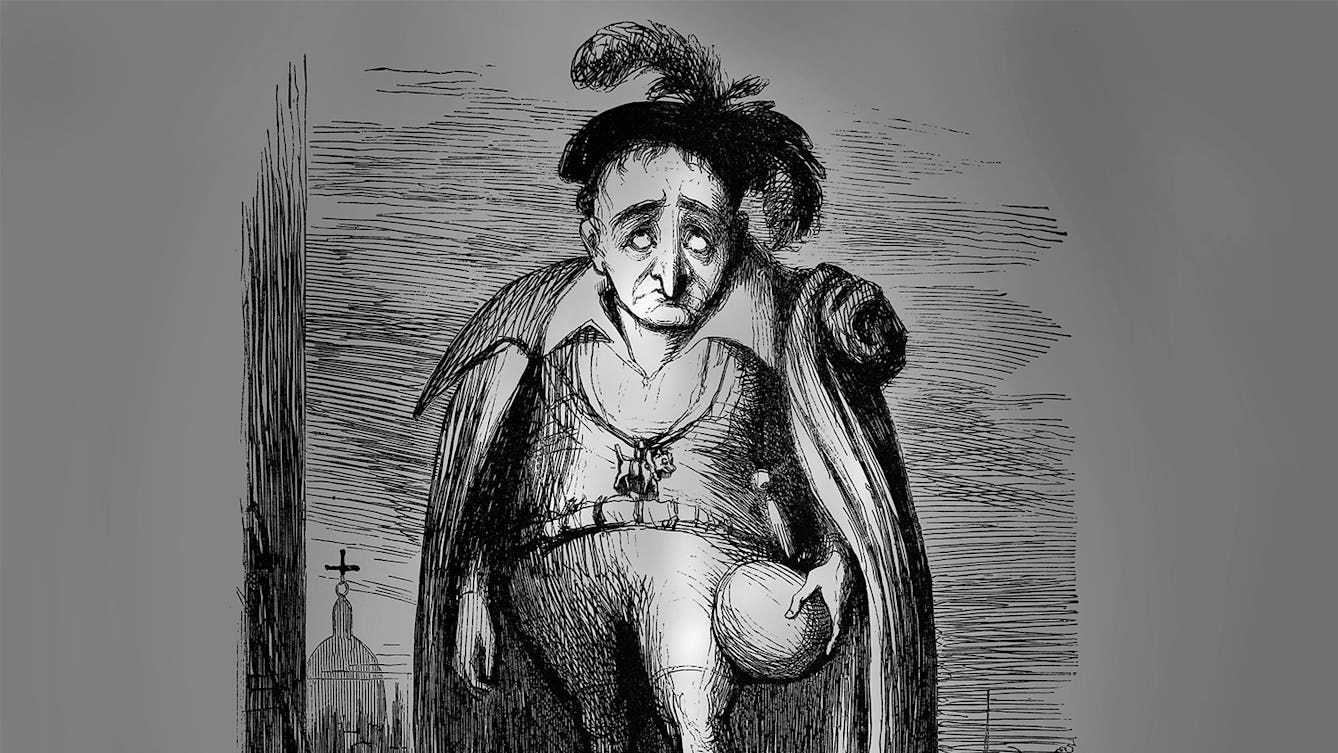
- Article
- Article
Hamlet, the melancholic Prince of Denmark
Hamlet clearly demonstrates an excess of black bile and is arguably the most famous literary melancholic.

- Article
- Article
Electrical epilepsy and the EEG Test
The EEG (electroencephalograph) literally electrified the diagnosis and treatment of epilepsy. But for Aparna Nair the dreaded EEG tests of her adolescence were a painful ordeal.
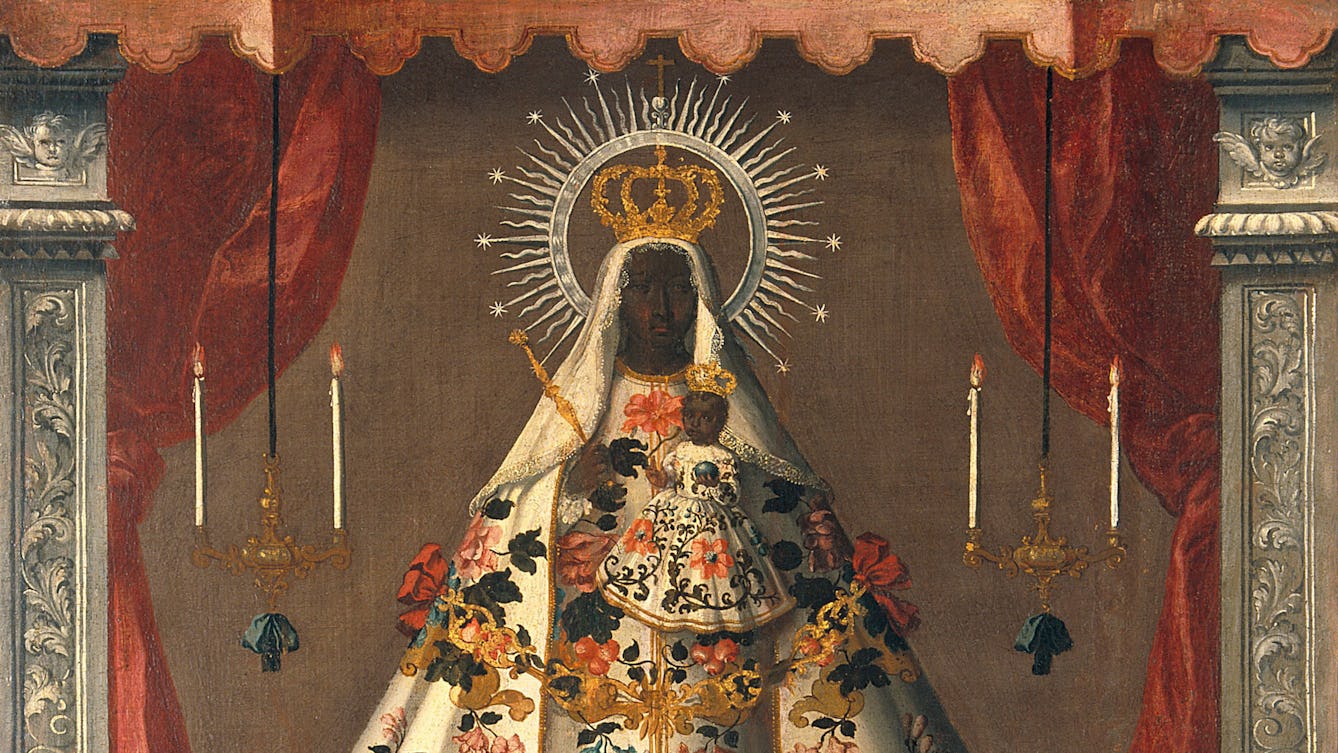
- Article
- Article
Race, religion and the Black Madonna
Mystery and controversy surround the dark-skinned religious icon who represents the Virgin Mary throughout the Catholic world.

- Article
- Article
Self-obsessing in the age of selfies
The tiny, joyful spark of a social media ‘like’ can lead to a damaging obsession. Find out how far people will go when their phone addiction gets the upper hand.

- Article
- Article
Being trans in the world of sex work
Unstable. Predatory. Risk takers. Dr Adrienne Macartney sheds stark light on the hostile and negative assumptions faced by trans sex workers.

- Article
- Article
The secret lives of Britain’s first Black physicians
Dr Annabel Sowemimo explores the web of connections between early Black British doctors, the role of empire in West Africa and the pernicious reach of scientific racism.

- Article
- Article
The unearthly children of science fiction’s Cold War
In the 1950s a new figure emerged in British novels, film and television: a disturbing young alien that revealed postwar society’s fear of the unruly power of teenagers.
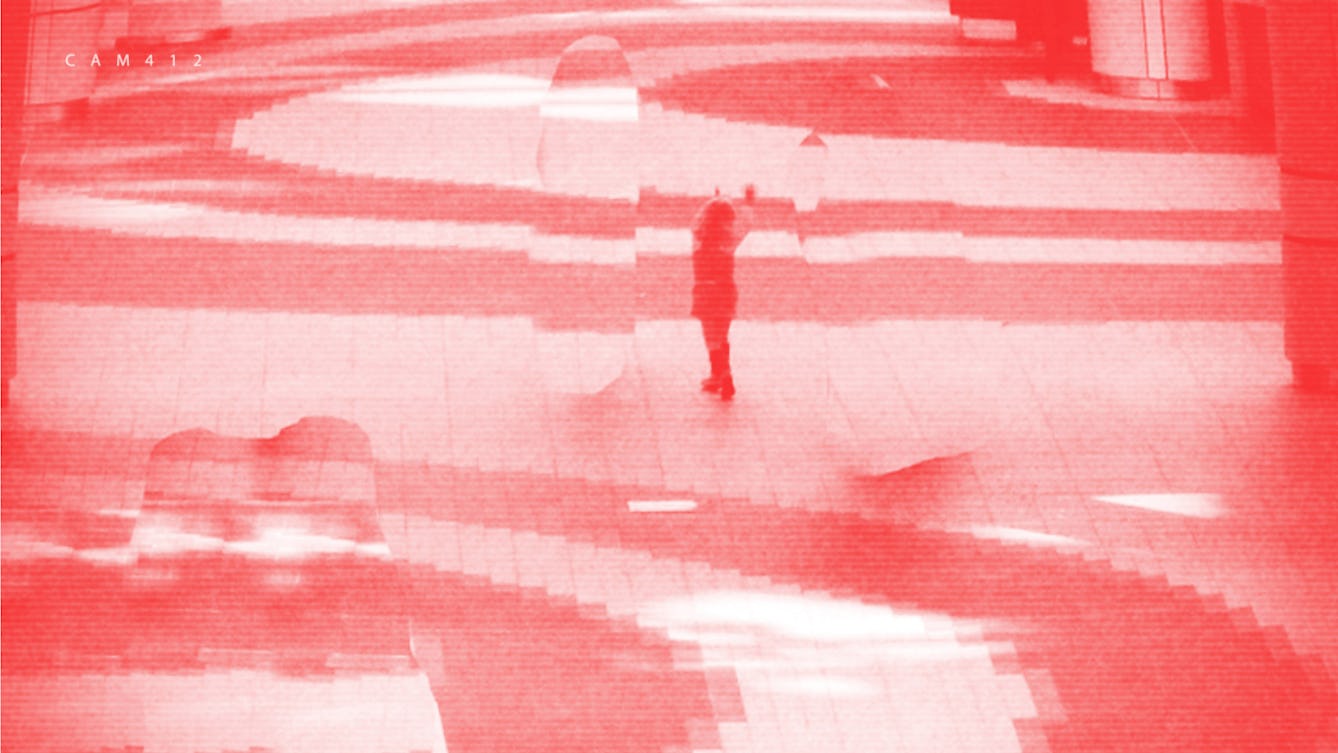
- Article
- Article
Lost in the mall and other false memories
How can you remember an event that never took place? Find out how manipulation, misinformation and coercion can plant false memories in your mind.

- Article
- Article
Why the 1918 Spanish flu defied both memory and imagination
The Black Death, AIDS and Ebola outbreaks are part of our collective cultural memory, but the Spanish flu outbreak has not been.